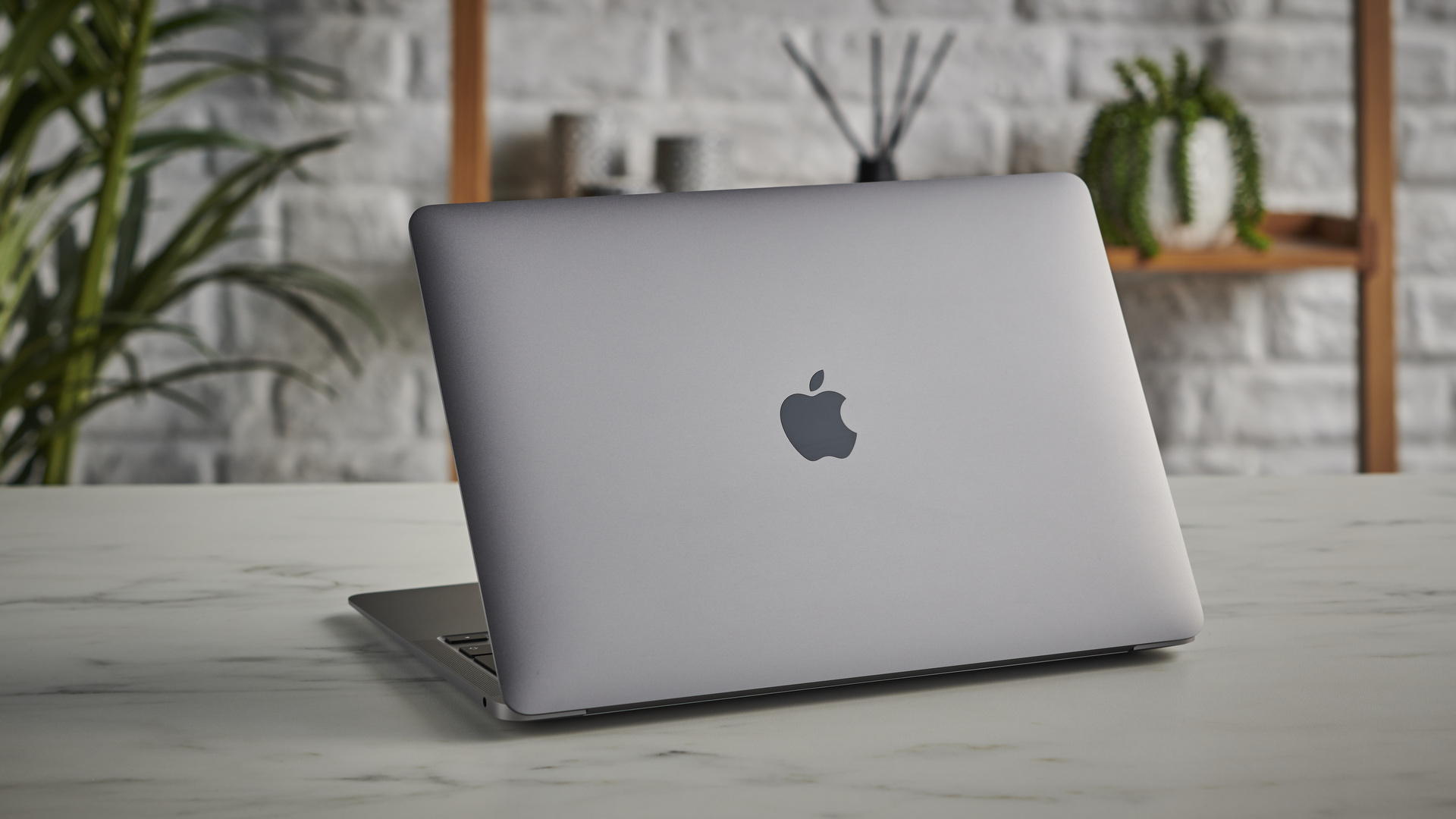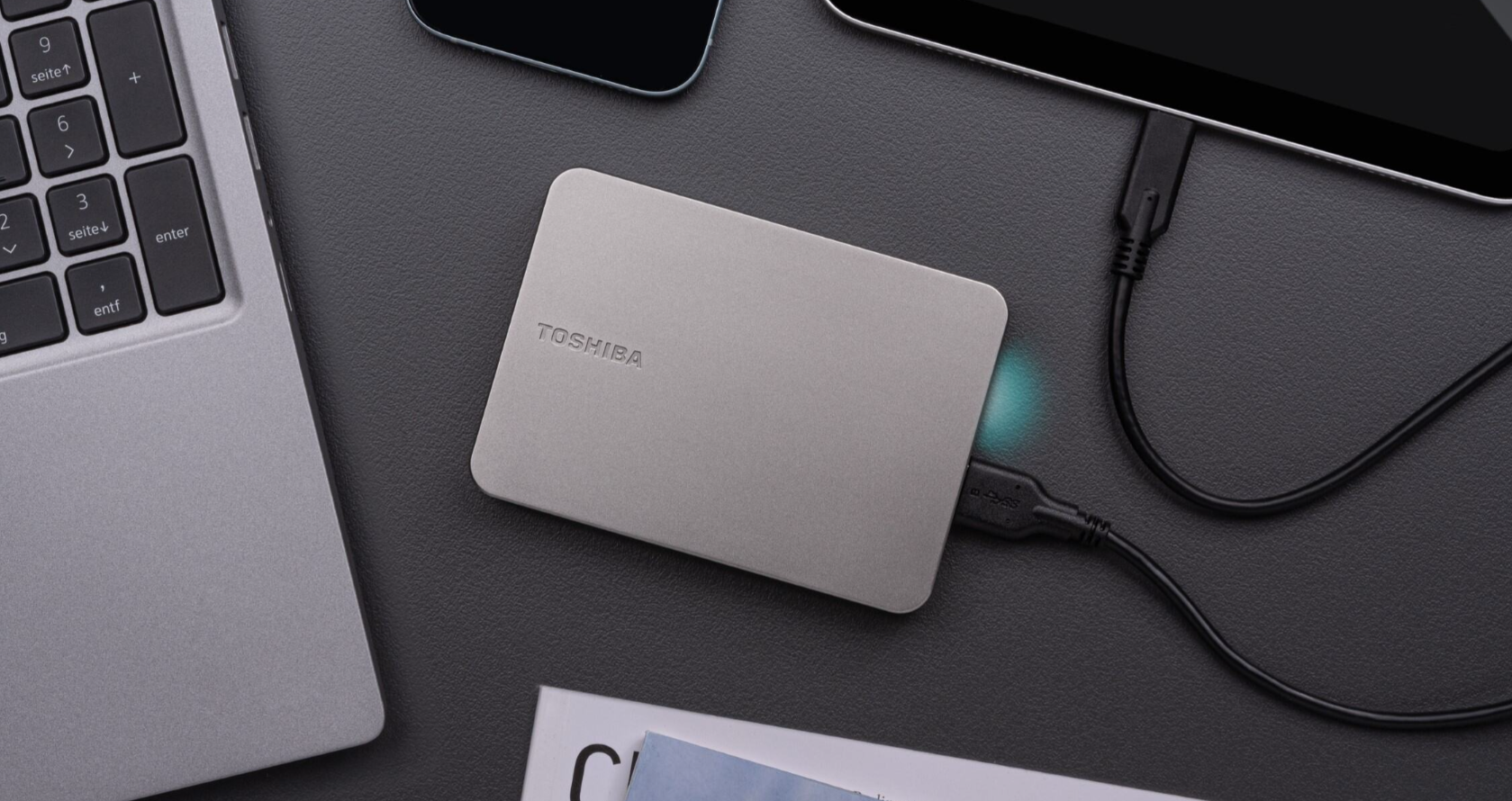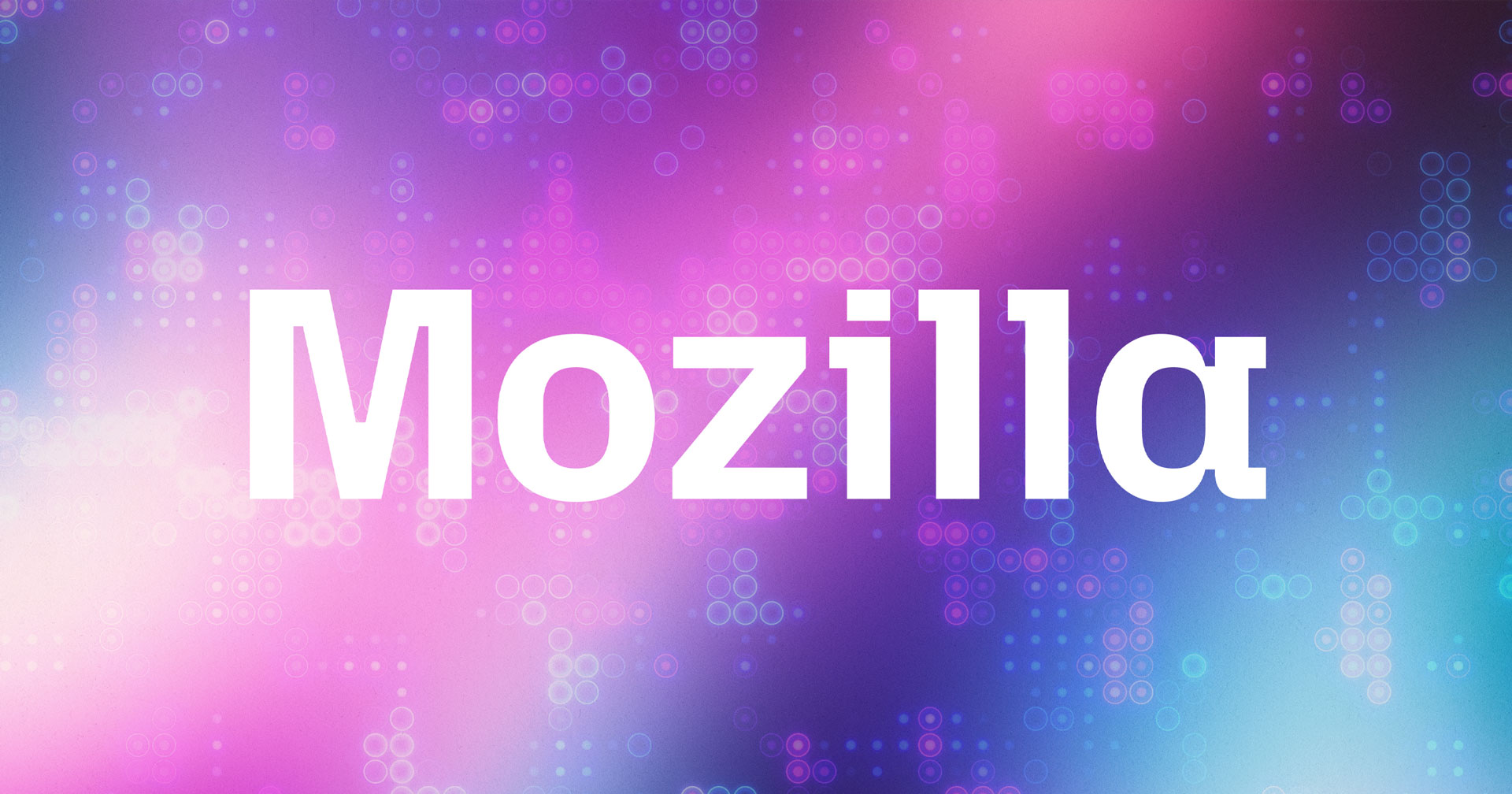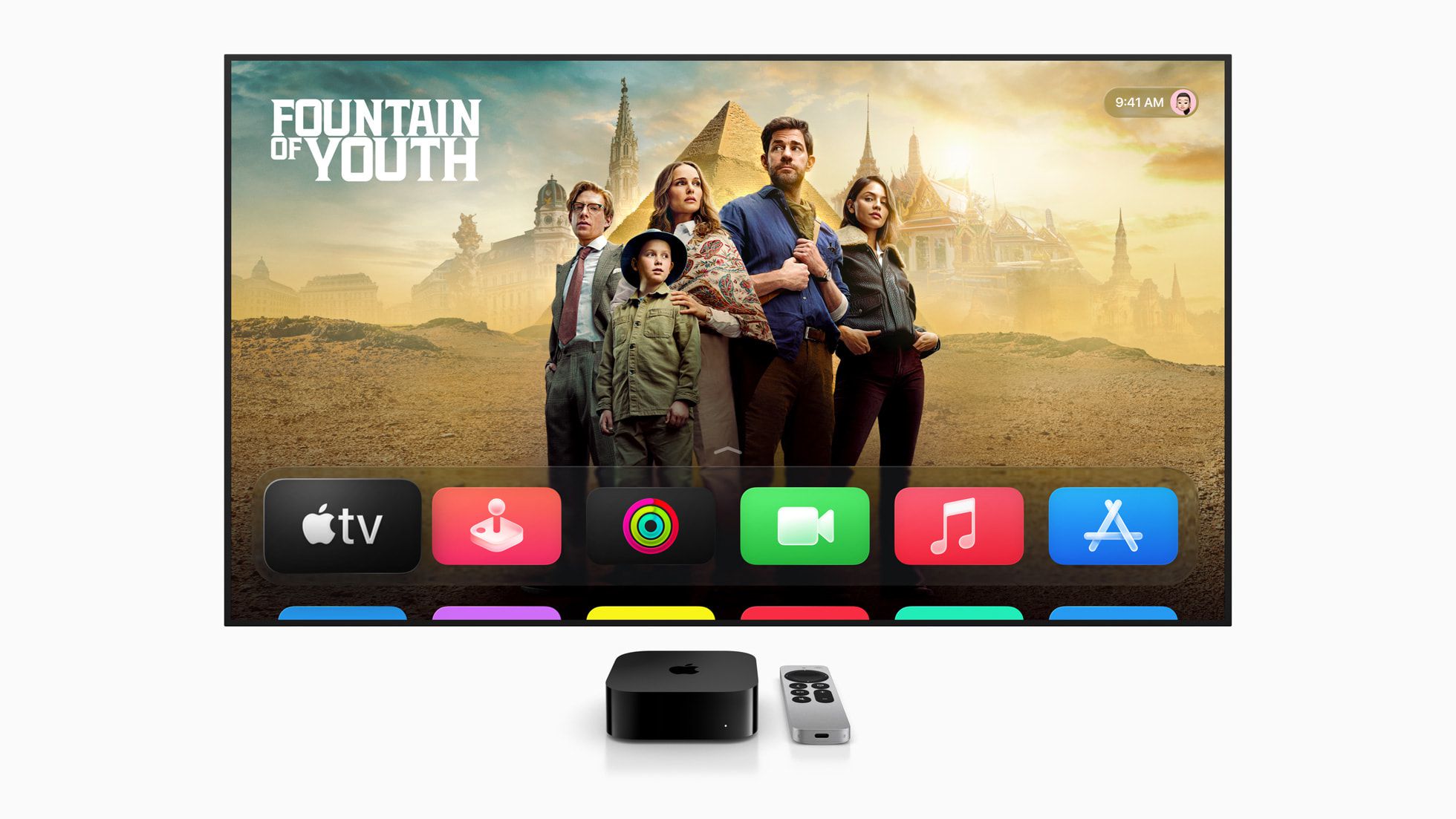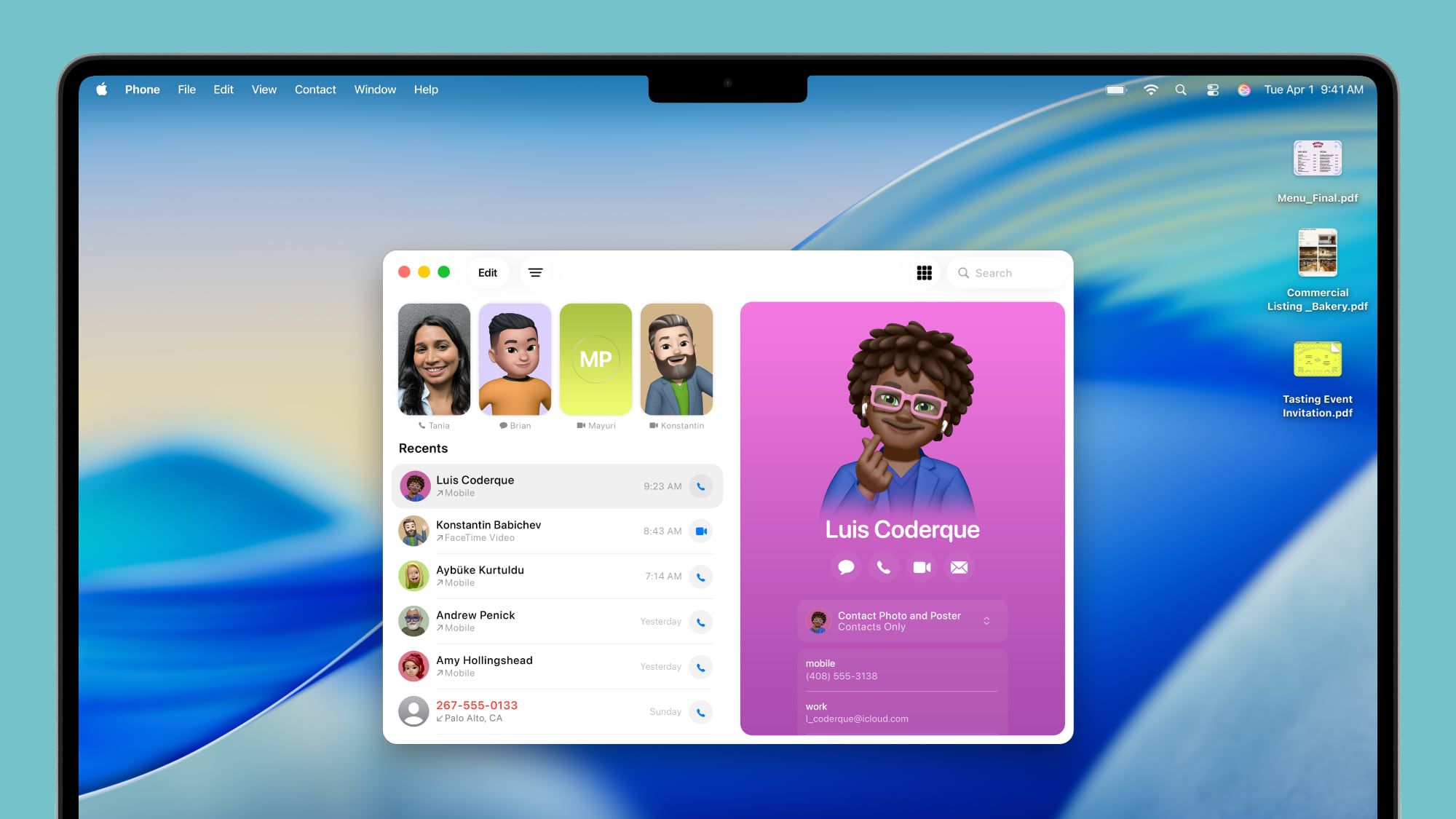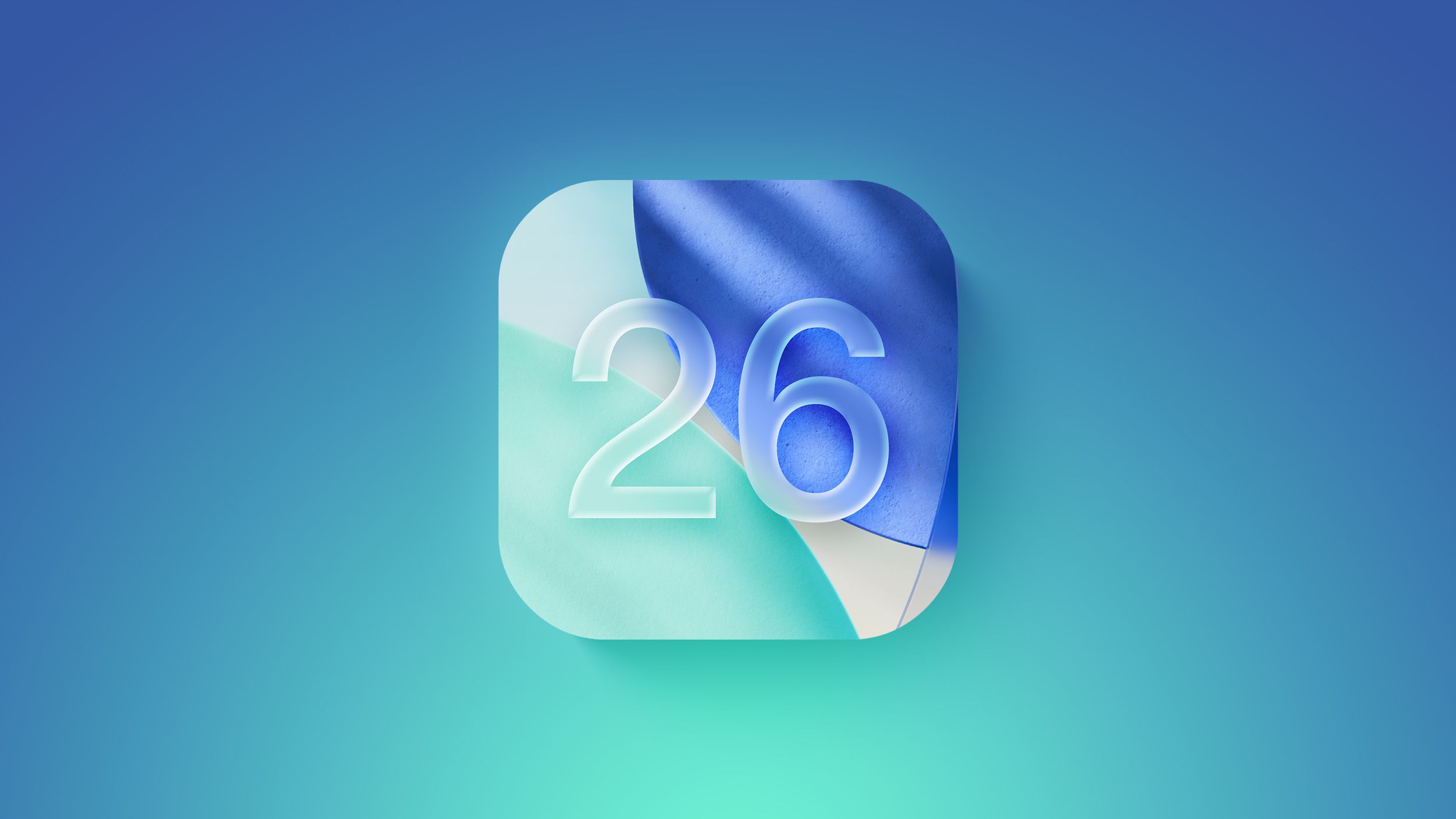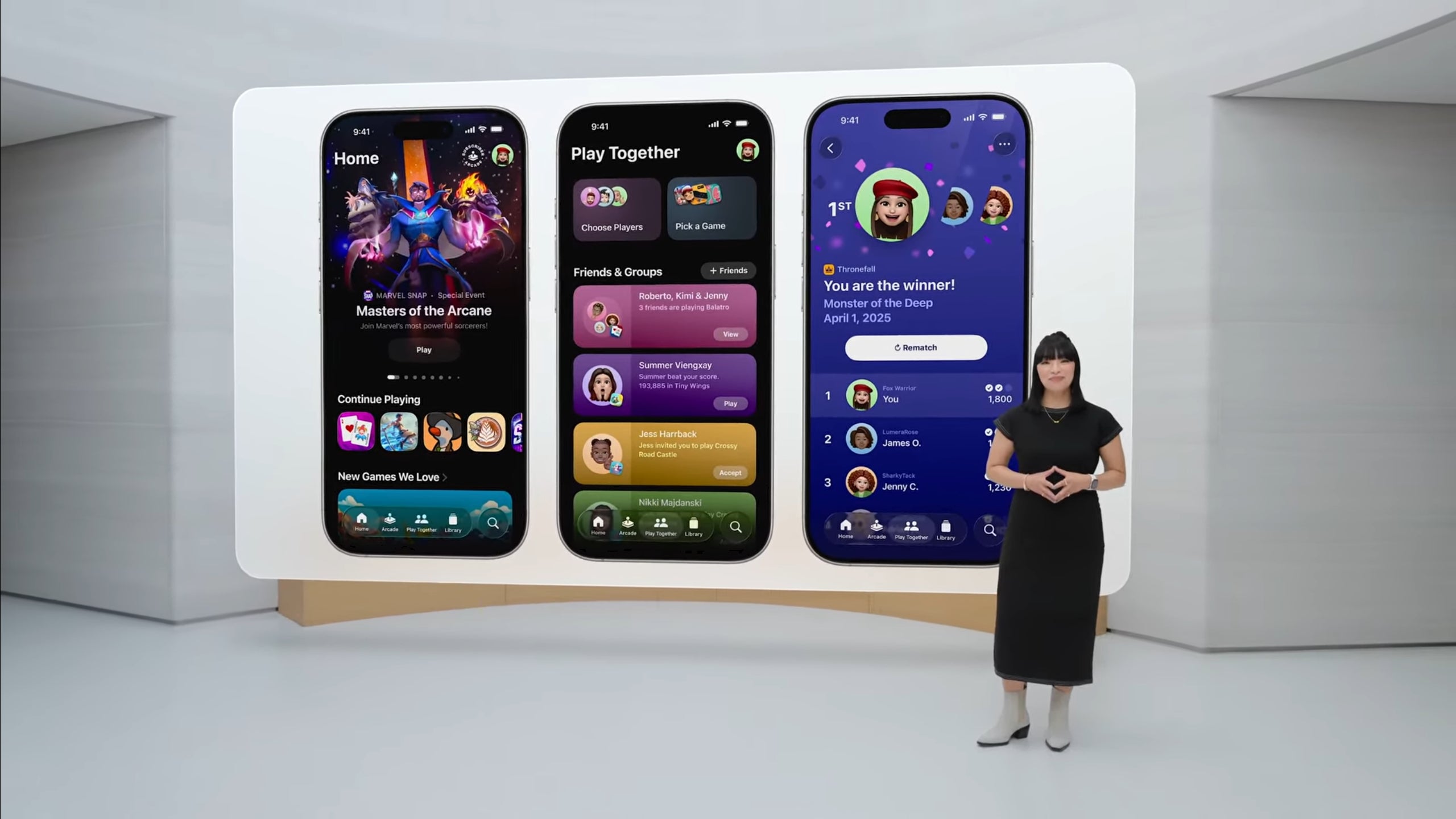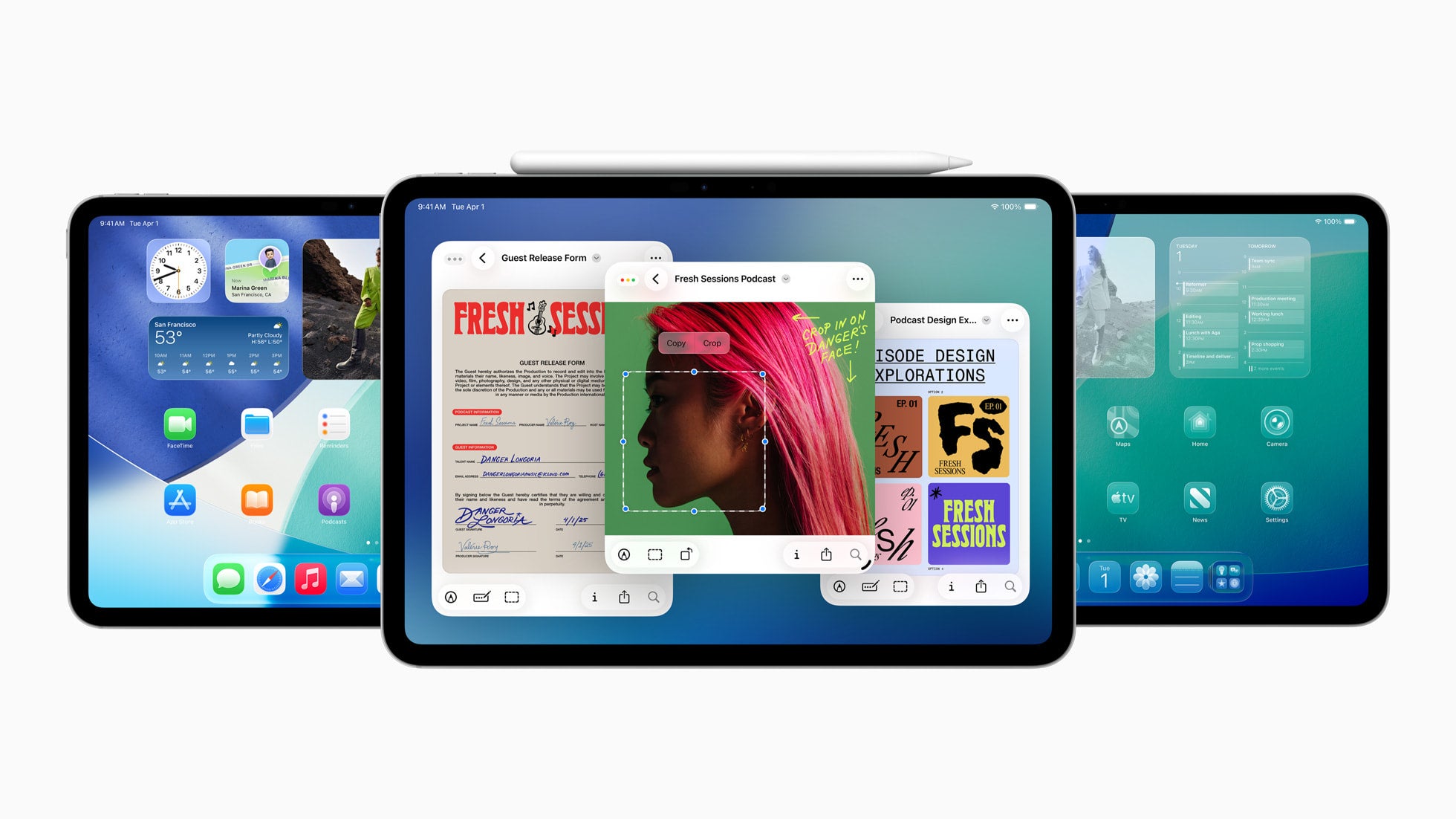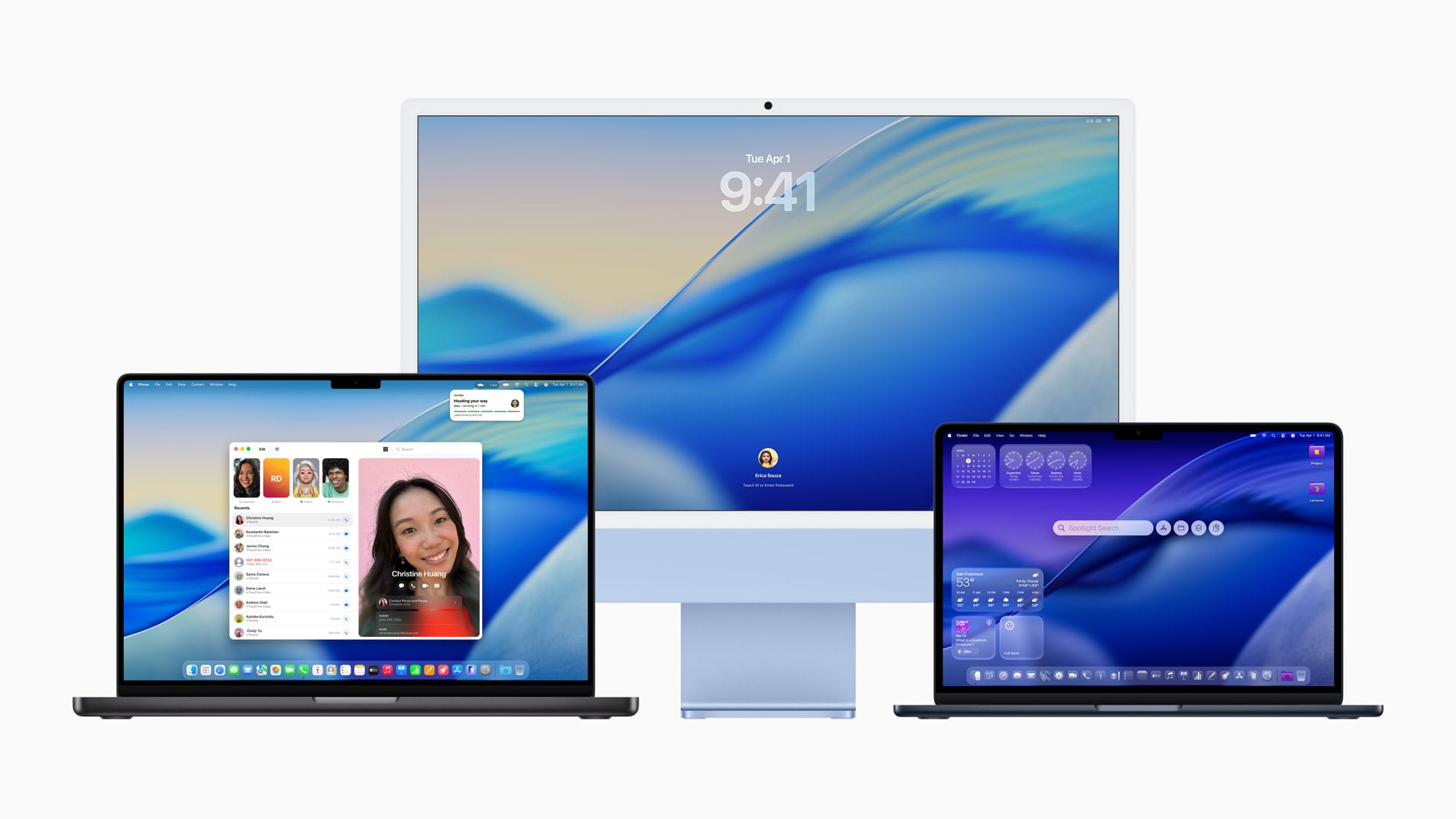Top 5 Best Cybersecurity Companies Leading The Industry Right Now in 2025
If you’re shopping around for cybersecurity solutions in 2025, you’re probably feeling a little overwhelmed and not sure where to turn. Not only are there more attacks than ever before (and more sophisticated), but there are a wide range of potential security vendors that all promise to do the same thing; protect your business, its […] The post Top 5 Best Cybersecurity Companies Leading The Industry Right Now in 2025 appeared first on Cyber Security News.

If you’re shopping around for cybersecurity solutions in 2025, you’re probably feeling a little overwhelmed and not sure where to turn.
Not only are there more attacks than ever before (and more sophisticated), but there are a wide range of potential security vendors that all promise to do the same thing; protect your business, its data, and its customers.
But which ones can actually deliver on these promises? In this guide we break down five companies that are leading the way right now, each bringing something unique to the table.
So let’s see what makes these cybersecurity leaders worth your consideration, and more importantly, what they can do for your organization.
1. Check Point

Check Point has been one of the security industry’s most consistent performers for over three decades, earning the unique distinction of being named a Gartner Leader for Network Firewalls for 23 consecutive years (and is the only vendor to achieve this distinction).
Their Infinity Platform combines network security (Quantum), workspace protection (Harmony), and cloud security (CloudGuard) into one integrated ecosystem, offering serious protection for enterprises that want to lock down their data.
When 100% of Fortune 100 companies trust a vendor with their most critical assets, that tells you everything about their reliability.
Check Point operates with a prevention-first philosophy, which is what has led them to deliver and maintain a 99.9% block rate against new malware while maintaining minimal false positives.
This lets your security team focus on real threats instead of chasing ghost alerts.
Why Should You Consider It?
- Proven track record: 23 years as Gartner Leader with zero security failures at Fortune 100 clients
- Prevention-first approach: 99.9% malware block rate with industry-lowest false positive rates
- Unified platform: Three integrated security layers that share real-time threat intelligence
- Enterprise-grade reliability: Designed for organizations that can’t afford downtime or breaches
Pros:
- The most reliable and proven security platform in the industry
- Excellent integration between network, endpoint, and cloud security
- Strong compliance and regulatory compliance features
- Minimal performance impact on network infrastructure
Cons:
- May have a complex deployment for smaller organizations
- Less aggressive pricing than startup competitors
2. Cisco

Cisco brings a unique advantage to cybersecurity. Why? Because they actually own the network infrastructure your data travels through.
Their strategic acquisition of Splunk in 2024 transformed them into one of the world’s largest security providers, combining their networking expertise with advanced analytics capabilities.
The Cisco Hypershield is their crown jewel, which is an AI-native security fabric that creates thousands of enforcement points across your infrastructure, putting security everywhere it needs to be.
This isn’t another tool to add to your stack, it’s actually a method for companies to melt security into the network itself.
This means that enterprise data is automatically protected as it moves through the network.
Why should you consider it?
- Network-integrated security: Security built into infrastructure rather than added on top
- AI-powered automation: Handles complex security tasks that traditionally take weeks to complete
- Comprehensive solution: Combines networking, security, and analytics in one platform
- Performance enhancement: Security that actually improves network performance
- Innovation investment: Significant focus on AI and next-generation security technology
Pros:
- Integration between your network and security systems
- Excellent support and global presence
- Security improvements actually boost network performance
- Comprehensive threat visibility from their global network
Cons:
- Can be expensive, especially for complete implementation
- Requires specialized knowledge of Cisco systems
- Deep integration might make switching vendors difficult
3. Palo Alto Networks

Palo Alto Networks solved the cybersecurity industry’s biggest headache, managing dozens of different security tools that all live in isolation.
Their platformization strategy fixes this issue of tools that don’t communicate with each other by consolidating everything into three integrated platforms: Strata (network security), Prisma (cloud security), and Cortex (security operations).
Companies choose this approach because it simplifies security management while improving overall protection effectiveness.
They’re also one of the only vendors recognized as a leader across multiple Gartner categories, proving their platform approach delivers real results across your entire security infrastructure.
Why should you consider it?
- Unified platform approach: Three integrated platforms replace dozens of separate security tools
- Precision AI: Reduces false positives by 98% and accelerates investigations
- Enterprise adoption: Strong track record with large-scale implementations
- Enhanced operations: Recent IBM QRadar acquisition improves security monitoring capabilities
Pros:
- Dramatically reduces security tool complexity
- Excellent at preventing and detecting threats
- Strong cloud security capabilities
- Advanced AI features across all platforms
Cons:
- High total cost for the complete platform
- May be too complex for smaller organizations
- Learning curve to get the most value from all features
4. Wiz

Wiz achieved something unprecedented in cybersecurity by becoming the fastest company ever to reach $100 million ARR, and they did it in just 18 months.
As for their security features, they focus on not overwhelming IT teams with thousands of alerts.
Instead, their Security Graph technology provides contextual risk analysis that shows you what actually matters, and more importantly, it tells you why.
Google’s acquisition validates its innovative approach to cloud protection.
Their agentless architecture works differently from some of the more traditional security tools that companies may be used to since it doesn’t require installing software on every system.
Instead, it connects directly to your cloud environments and immediately provides complete visibility across your entire cloud infrastructure.
Why should you consider it?
- Instant deployment: Agentless architecture provides complete cloud visibility in minutes
- Security Graph intelligence: Contextual risk analysis instead of overwhelming alert volumes
- Google backing: The $32B acquisition provides resources for accelerated innovation
- Multi-cloud expertise: Single platform for AWS, Azure, Google Cloud, and hybrid environments
Pros:
- Fastest deployment and time-to-value in cloud security
- Excellent cloud asset discovery and risk prioritization
- Strong integration with major cloud platforms
- Minimal operational overhead with an agentless approach
Cons:
- Limited on-premises security capabilities
- Relatively new company with a shorter track record
- Higher costs compared to basic cloud security tools
5. Cloudflare

Cloudflare is a name that almost everyone who uses the internet is familiar with, given that they currently protect around 20% of all websites.
This gives them incredible insight into cyber threats and the infrastructure to stop even the largest and most sophisticated attacks.
Over the years they’ve built a reputation for pre-emptively halting large-scale attacks that would shut down most other networks.
What makes Cloudflare unique is that its security actually makes your applications and websites speed up instead of slowing down.
Their Zero Trust platform has been recognized by industry analysts for three years running and consistently outperforms competitors in both security and speed.
Why should you consider Cloudflare?
- Massive protection: Network designed to handle DDoS attacks larger than those that have ever been recorded
- Speed advantage: Security that makes your applications noticeably faster
- Global reach: Worldwide infrastructure provides reliable protection everywhere
- Enterprise proven: Widely adopted by Fortune 500 companies
Pros:
- Outstanding DDoS protection and global scale
- Security solutions that improve rather than hinder performance
- Excellent pricing for the value provided
- Simple deployment and management
Cons:
- Limited on-premises security offerings
- Fewer advanced threat-hunting capabilities
- Less comprehensive endpoint protection
The post Top 5 Best Cybersecurity Companies Leading The Industry Right Now in 2025 appeared first on Cyber Security News.



















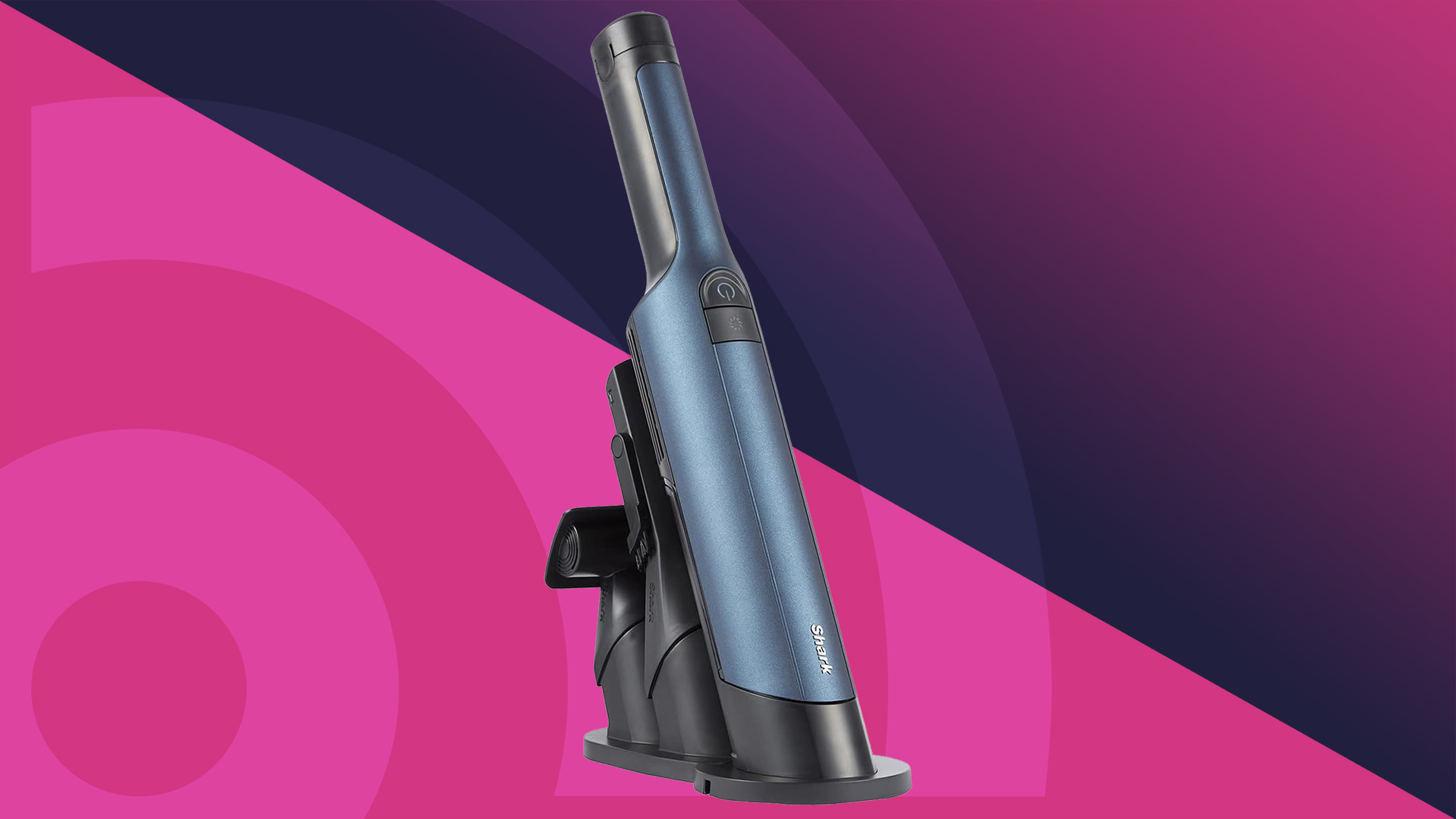


































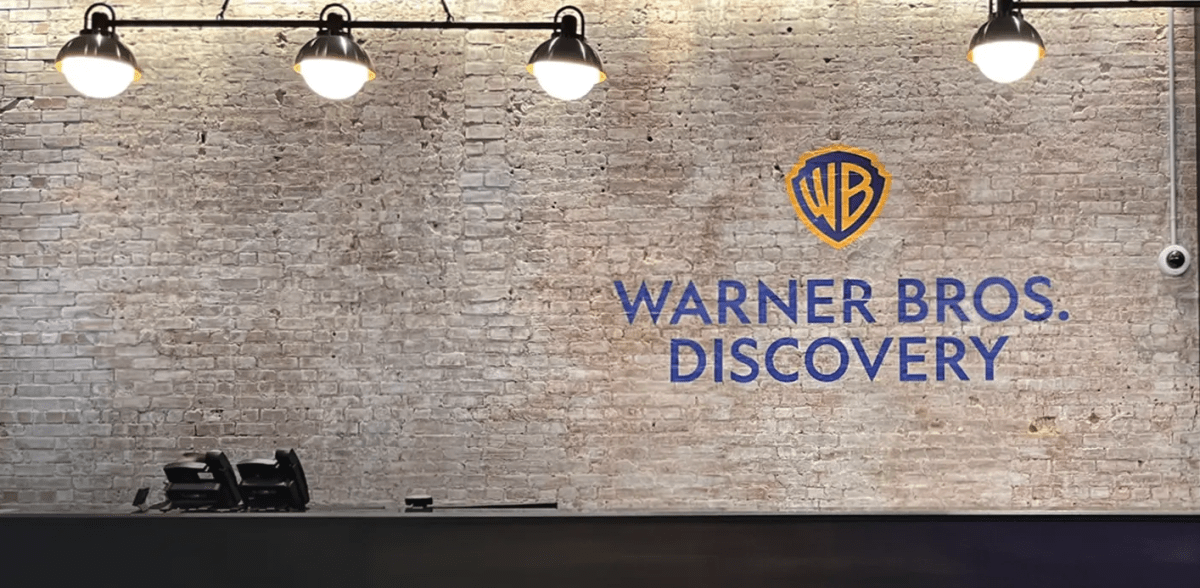













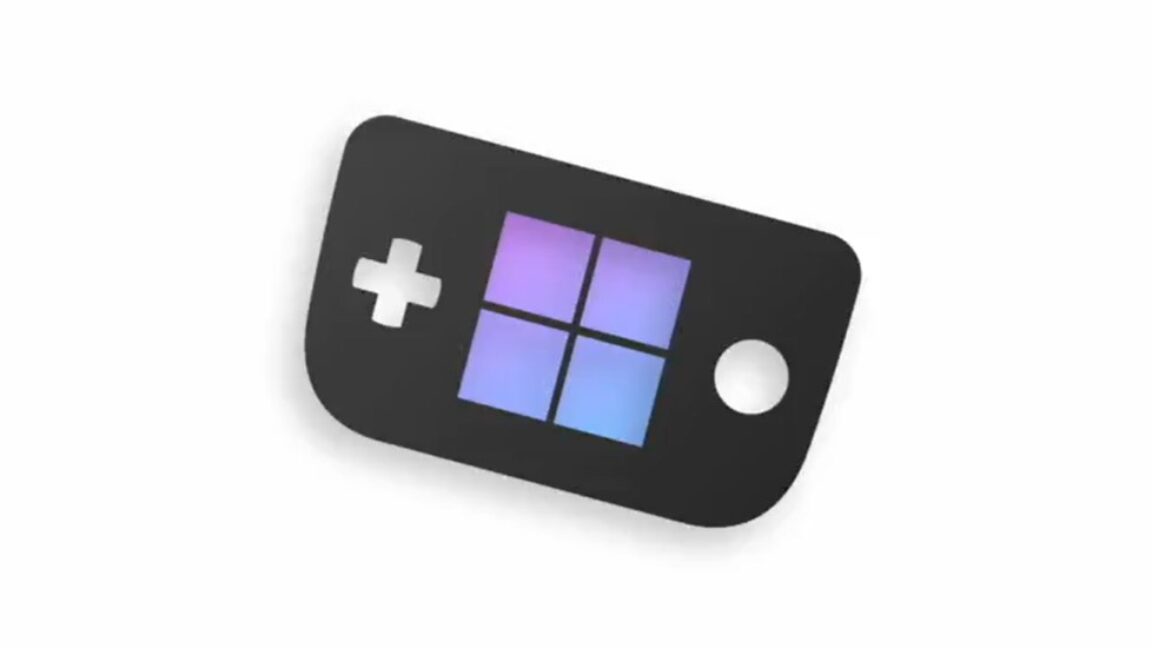



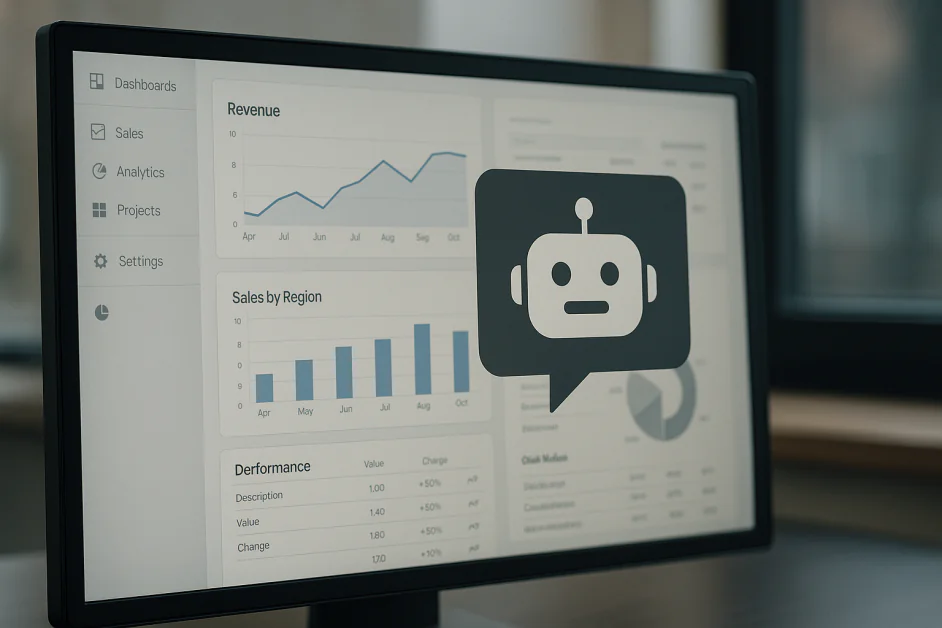











































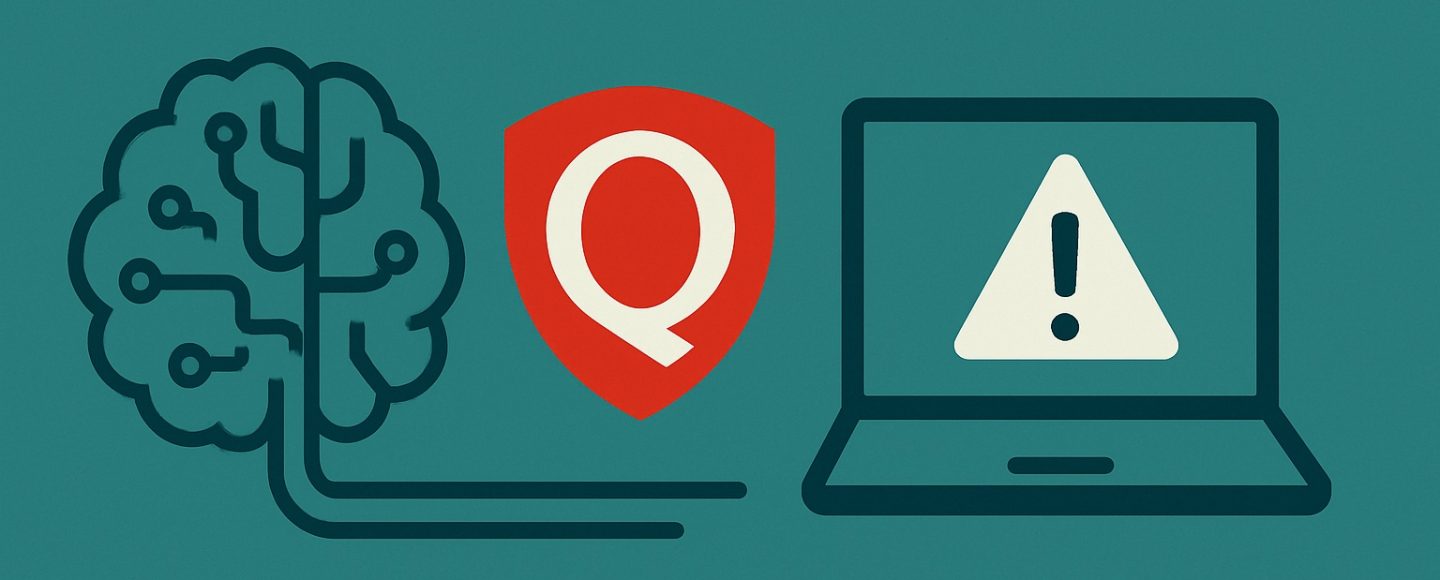

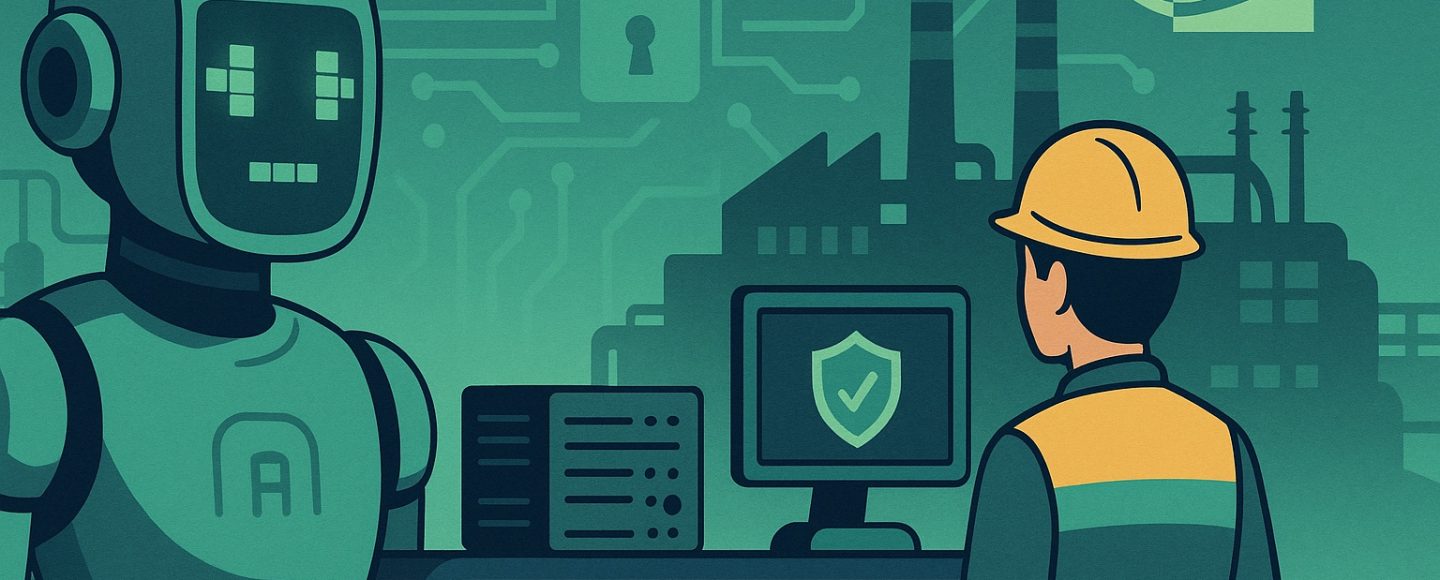






















































![[The AI Show Episode 151]: Anthropic CEO: AI Will Destroy 50% of Entry-Level Jobs, Veo 3’s Scary Lifelike Videos, Meta Aims to Fully Automate Ads & Perplexity’s Burning Cash](https://www.marketingaiinstitute.com/hubfs/ep%20151%20cover.png)



























































































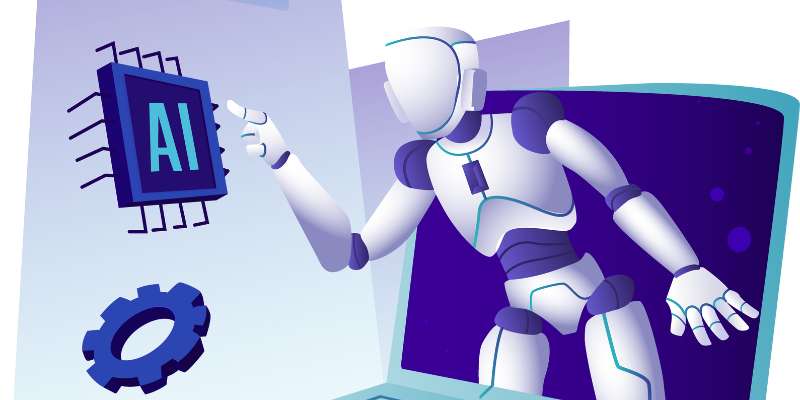














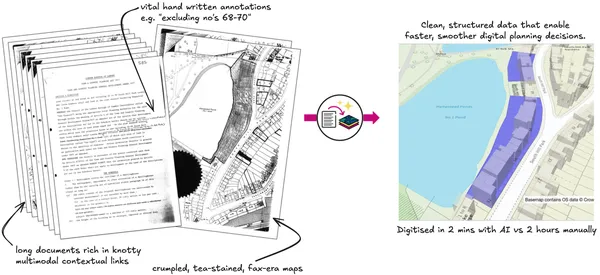




















![From electrical engineering student to CTO with Hitesh Choudhary [Podcast #175]](https://cdn.hashnode.com/res/hashnode/image/upload/v1749158756824/3996a2ad-53e5-4a8f-ab97-2c77a6f66ba3.png?#)

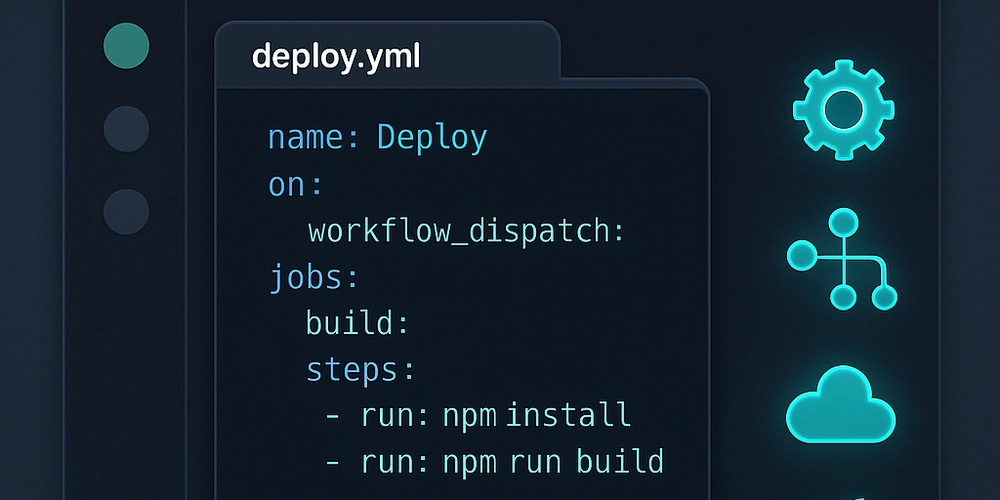












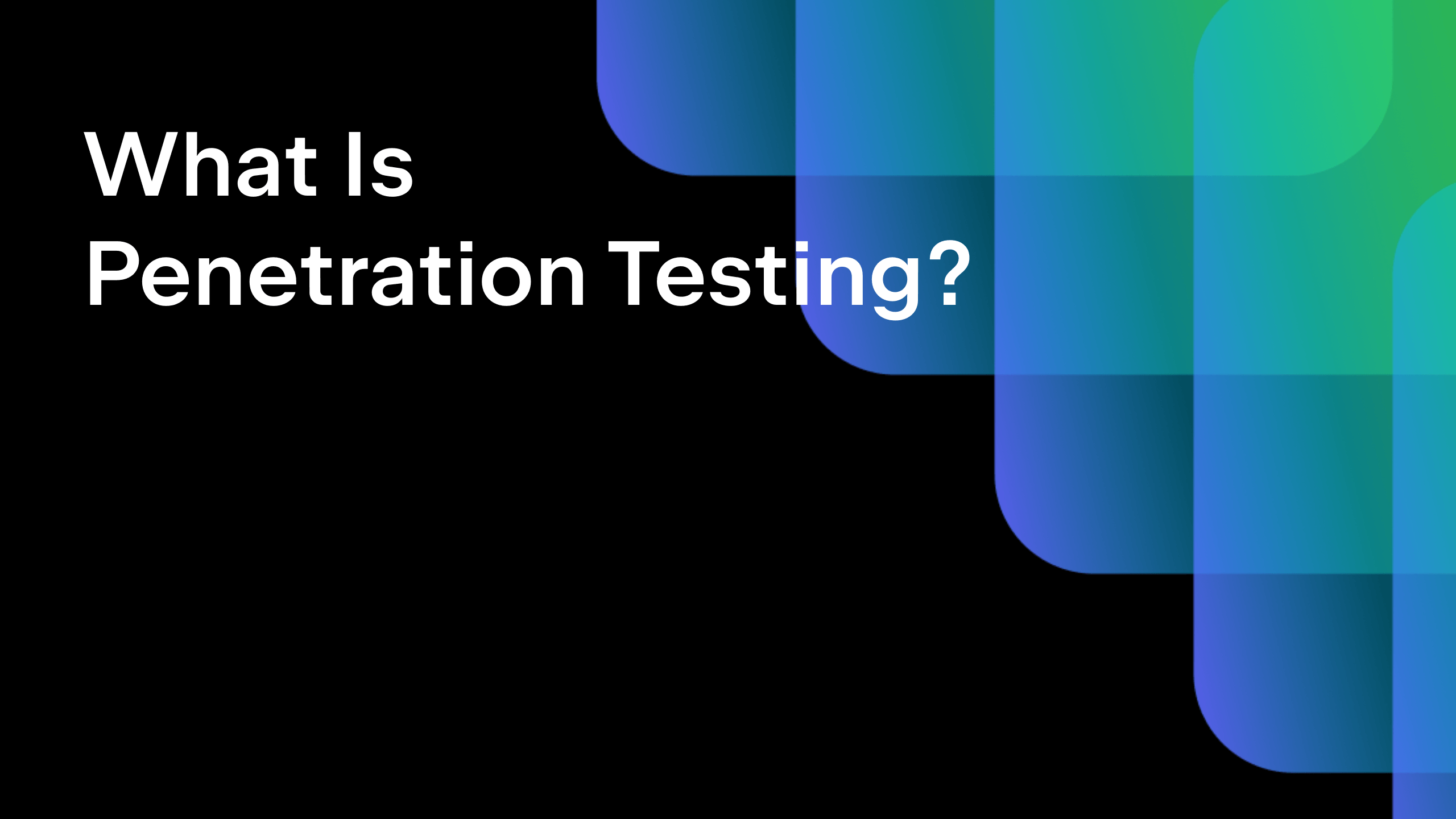
































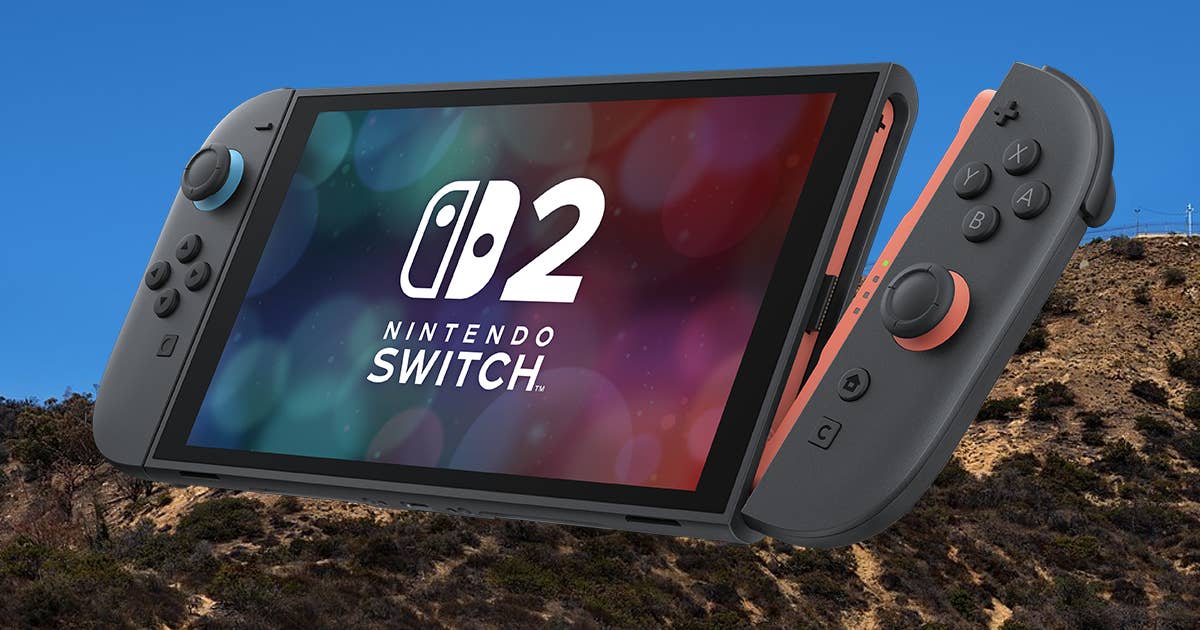




































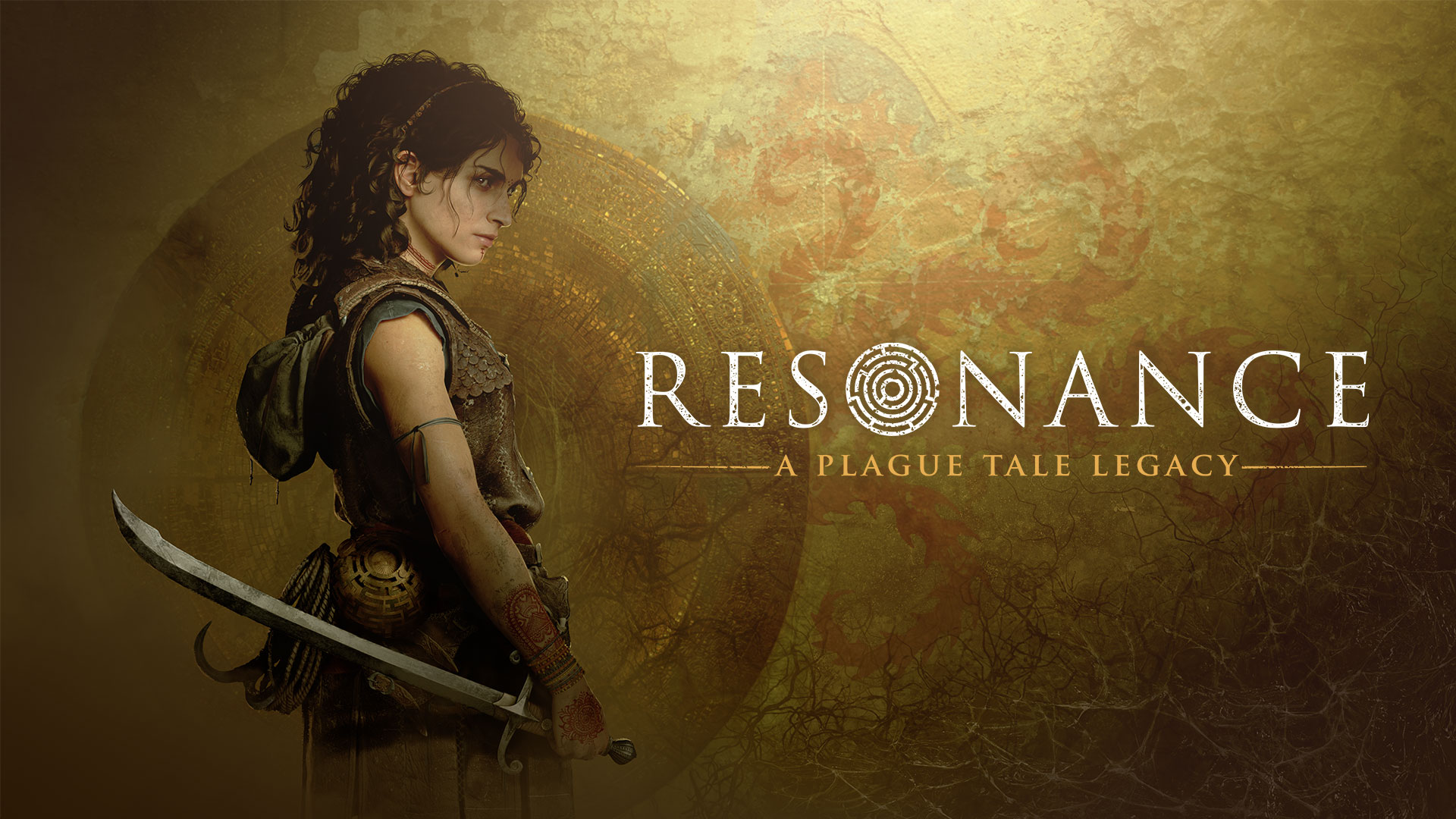

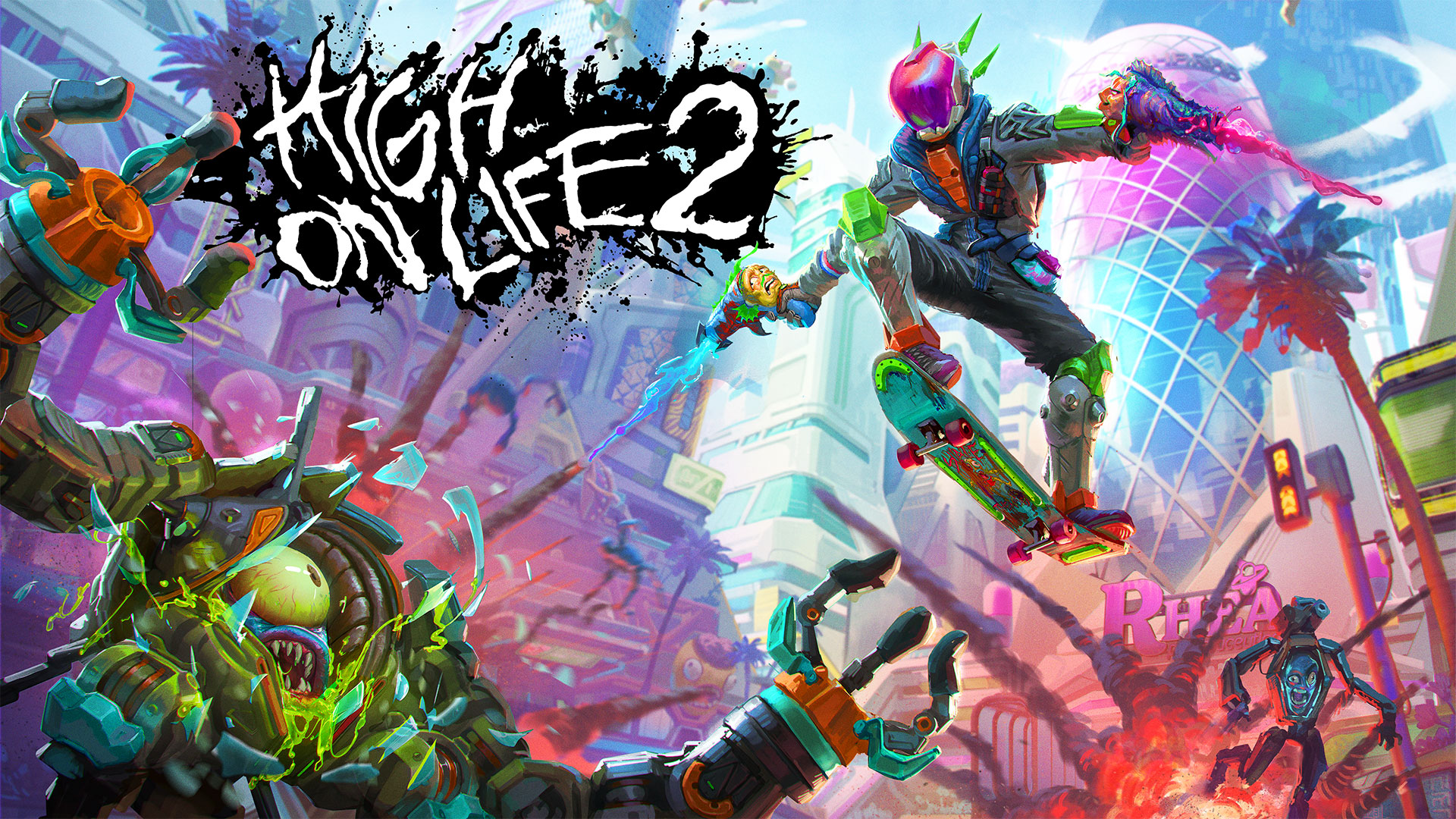























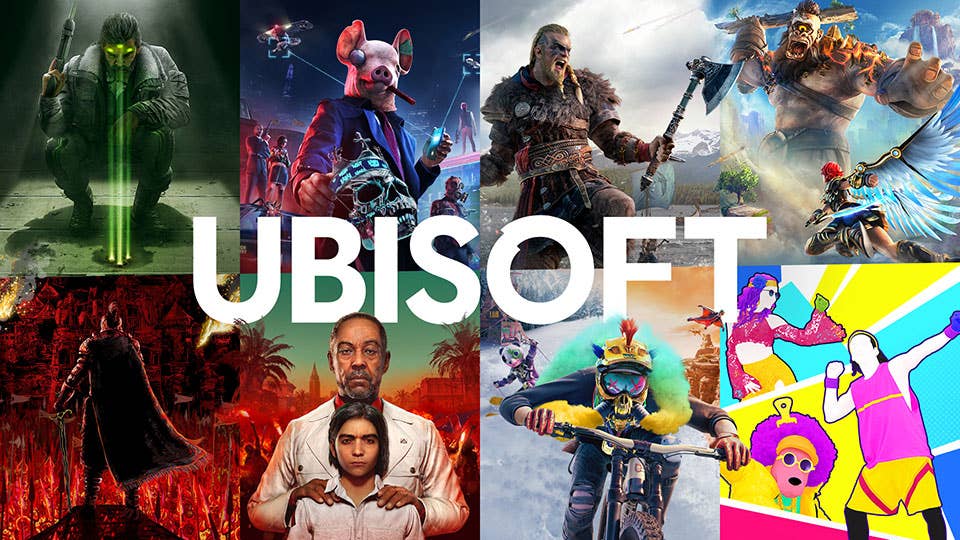
























_WindVector_Alamy.jpg?width=1280&auto=webp&quality=80&disable=upscale#)







































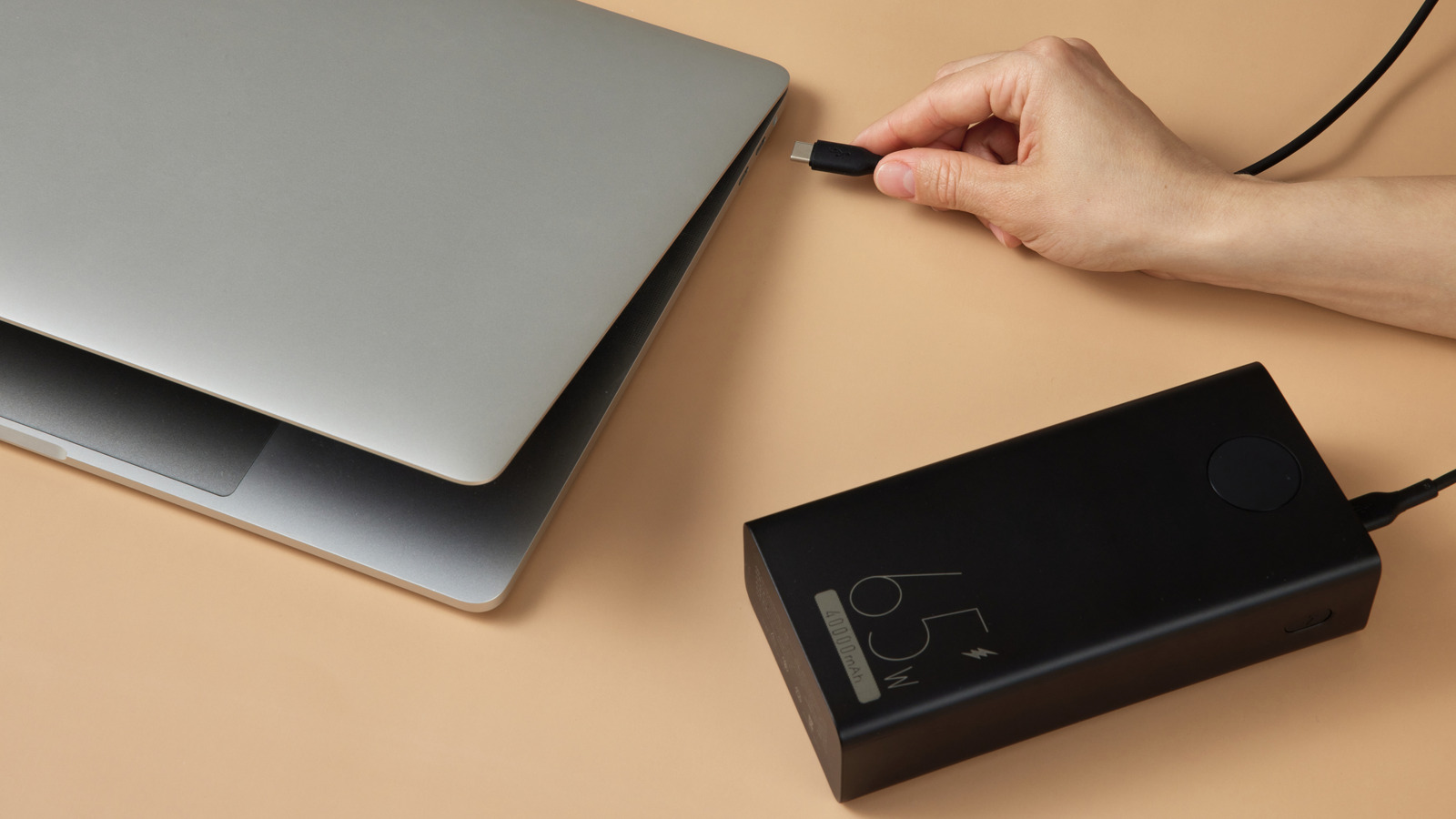
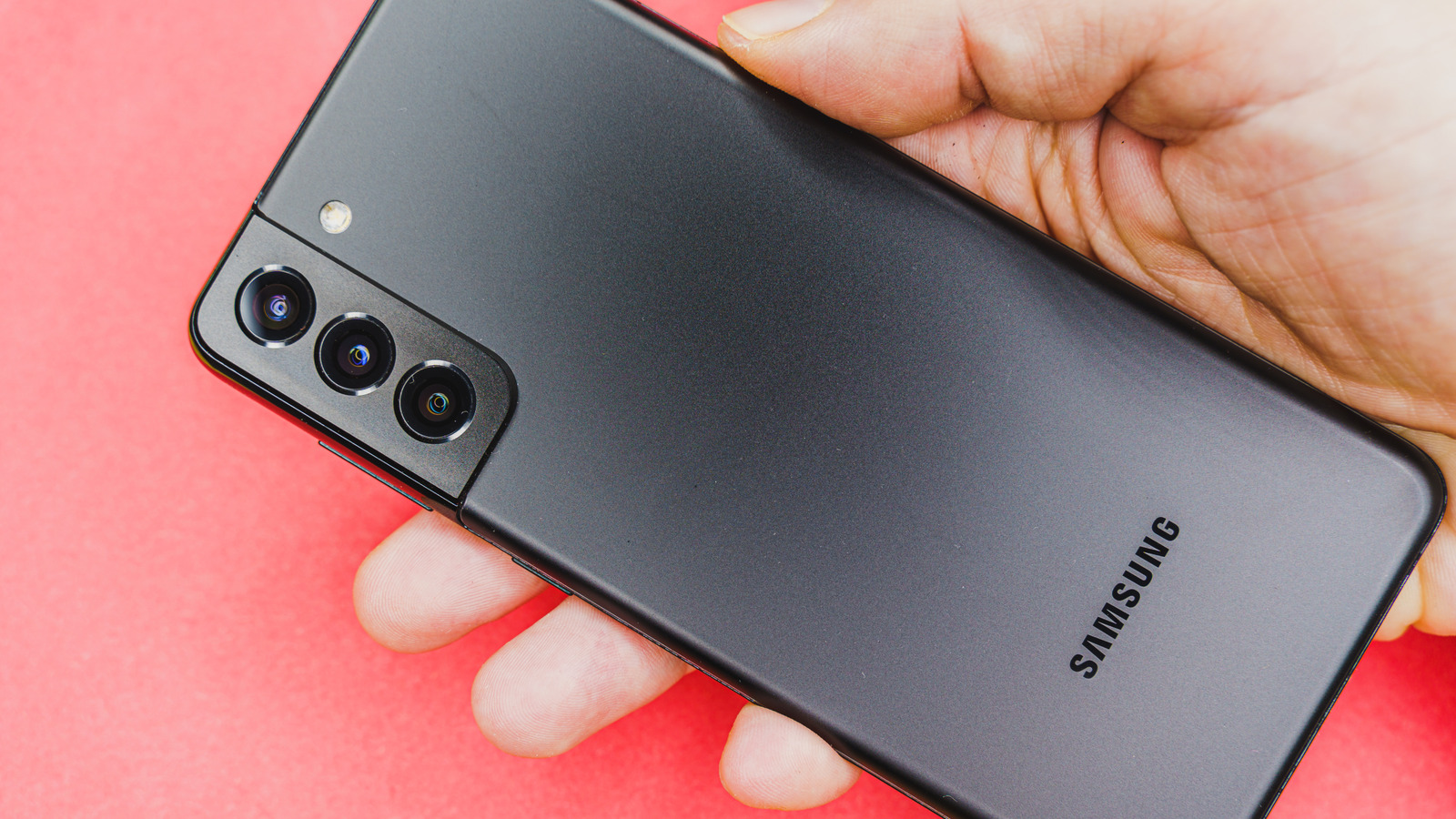





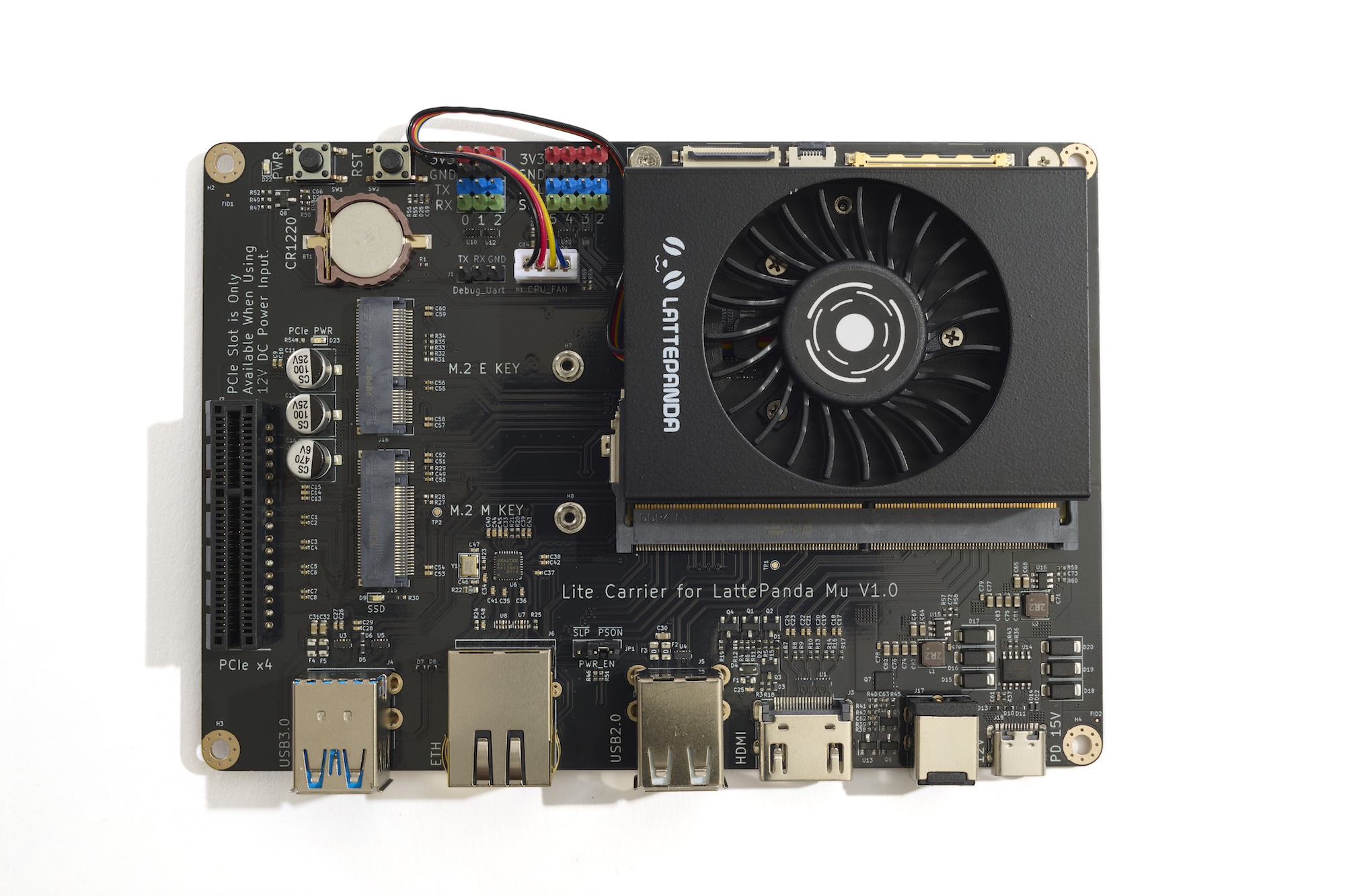
























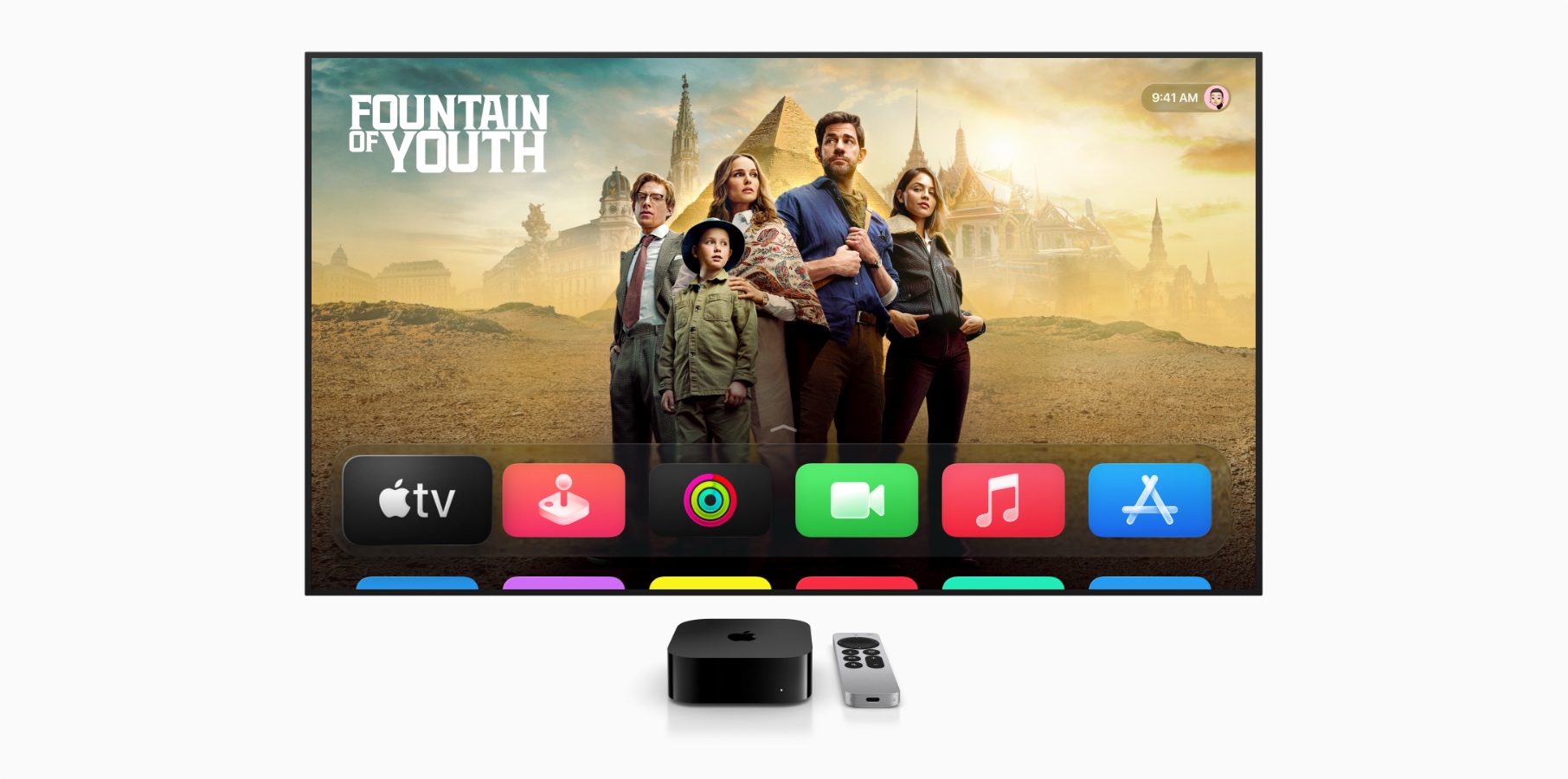






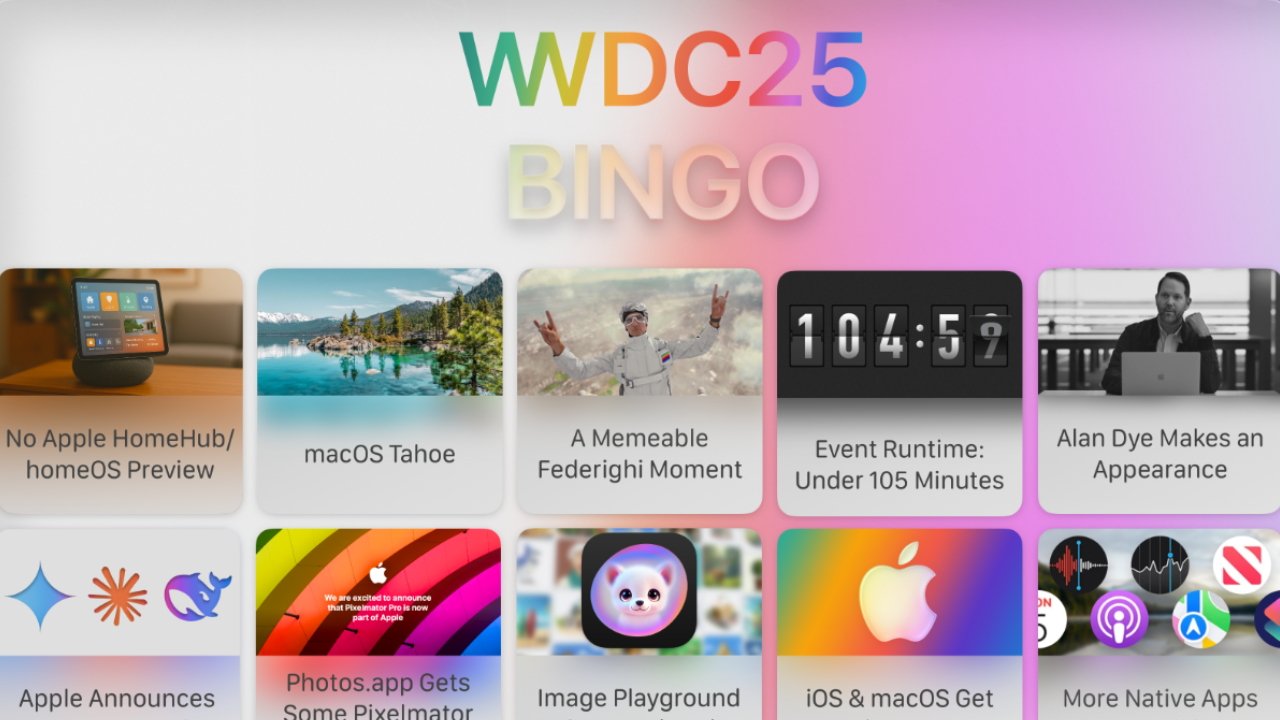
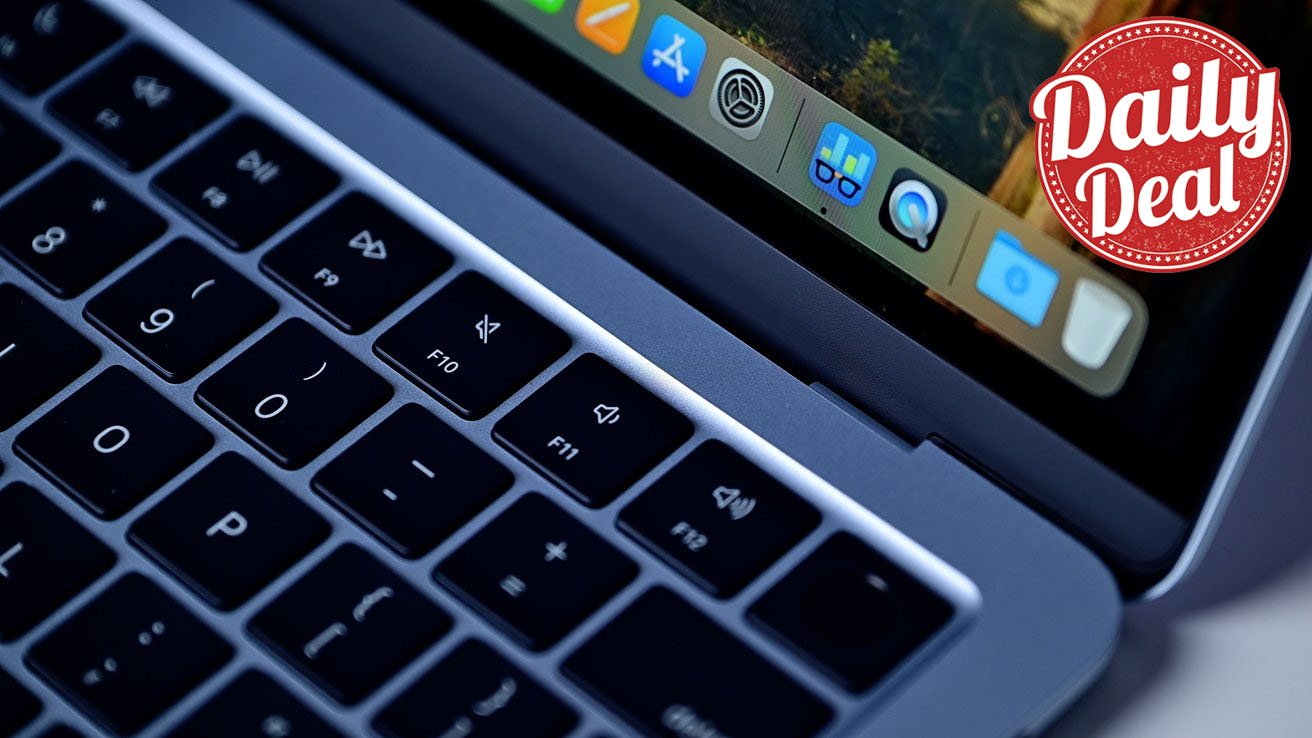
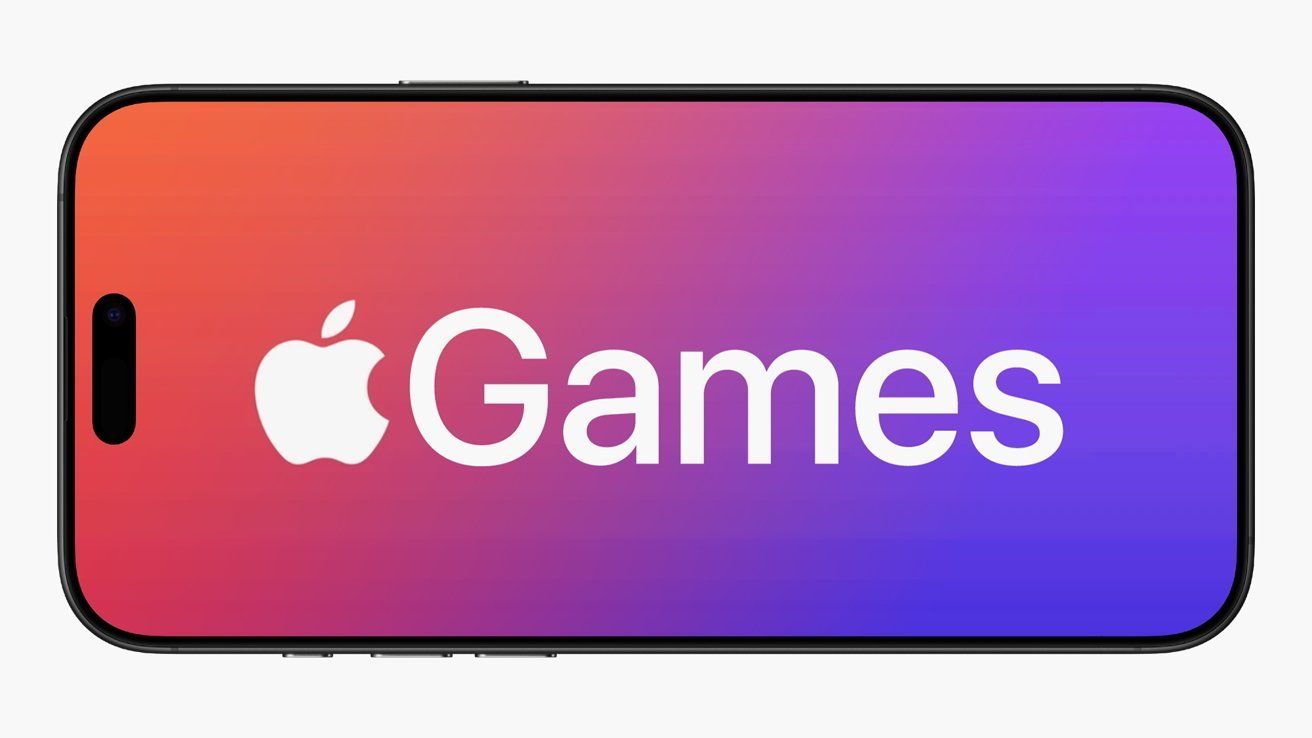
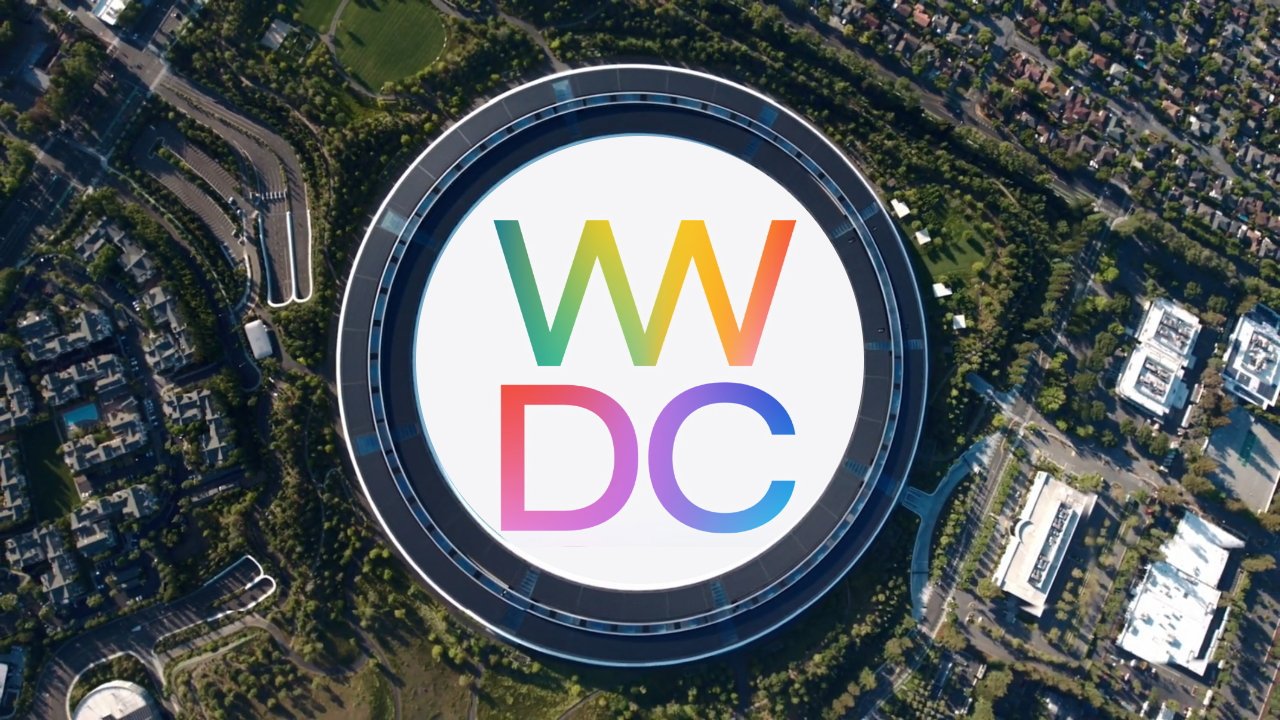






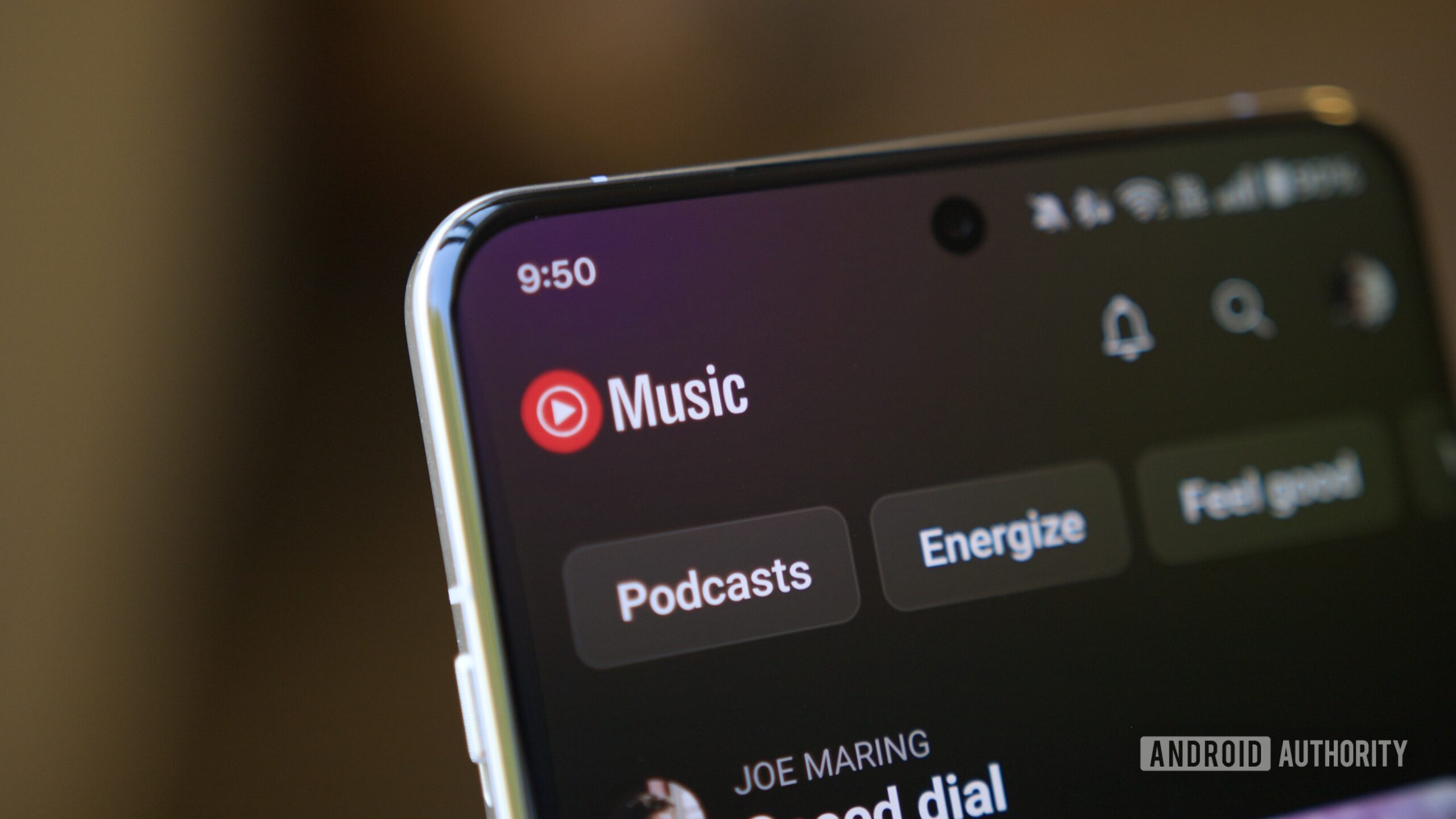






![Galaxy Watch 8 Classic goes up for sale with hands-on photos showing new design, more [Gallery]](https://i0.wp.com/9to5google.com/wp-content/uploads/sites/4/2025/06/galaxy-watch-8-classic-ebay-1_a53c3c.jpg?resize=1200%2C628&quality=82&strip=all&ssl=1)














![Watch Apple's WWDC 2025 Keynote Here [Video]](https://www.iclarified.com/images/news/97538/97538/97538-640.jpg)


















